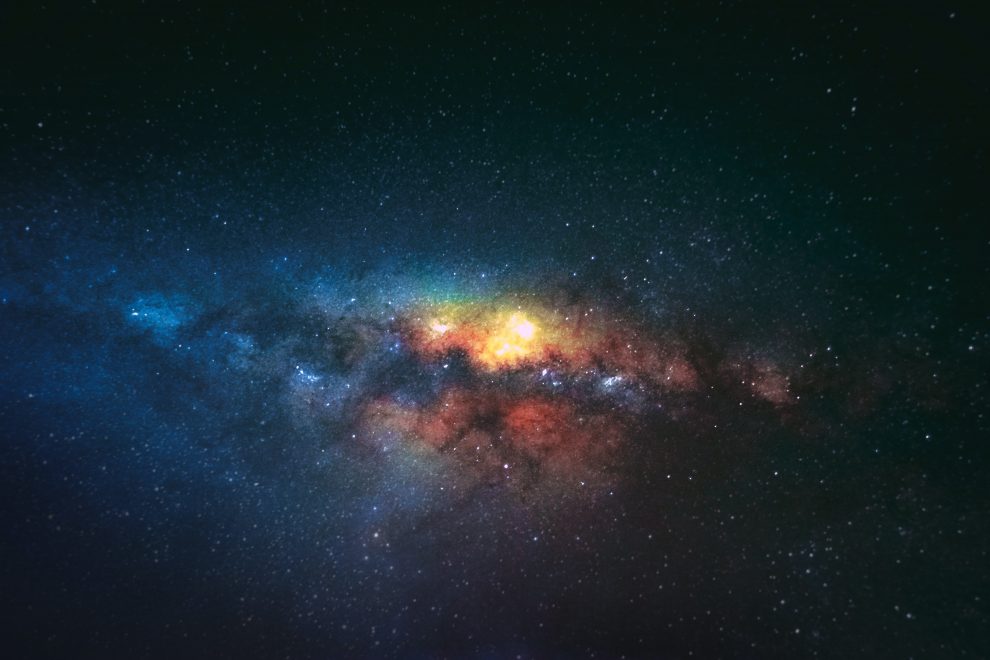Our family went to Chicago’s Adler Planetarium last year and saw the feature Cosmic Collisions. This was not a soothing, gaze-at-the-night-sky experience. Instead, Cosmic Collisions grabs visitors and hurls them through time and space to explore the hypersonic impacts driving the continuing evolution of the universe.
I knew my boys would love it. What I didn’t expect was the show’s effect on me. The colliding planets, smashing stars, and entire galaxies swirling into each other reminded me of foster care.
In our nearly eight years of being foster parents, collision has been a theme for my husband and me and our foster children. Our current foster daughter has been back and forth between our home and that of her biological father three times. Every time she has been removed from the custody of her biological mother or father and brought to our house, two worlds have collided. When abuse, neglect, and dysfunction meet with attention, stability, and purpose, the meeting point is necessarily a crash because the two ways of living are traveling in opposite directions.
Yet the theme of Cosmic Collisions was that every crash, despite the initial destruction, eventually brings about something new. It taught me that collision is the way of the universe. And because I believe God is the author of the universe, I must also believe that collisions are of God.
God is not afraid of crashes—witness the spectacular collision between Jesus and religious and civil authorities and the change it eventually ushered in. To be a part of God’s universe, then, is to see the collisions in our lives not as travesties we should have been able to swerve around, but rather as the inevitabilities of belonging to a universe that requires collision in order to expand. We are called both to collide and to become new because of our collisions.
Surviving the collision. Don’t mistake the moment of collision for the end it will bring about. The collision is big, bright, and painful. It is a dramatic moment, but it is not the end of the story. A sudden job loss, a terrible diagnosis—these are the moments of collision, but the story continues. Hold on through the heat.
Allow a double win from a collision. Understanding that collisions can bring new life helps disagreements within a family take on new meaning. Rather than trying to tamp down conflict or pretend it doesn’t exist, look for the new life that might come out of an issue.
When Mary and Joseph scolded 12-year-old Jesus for going off to teach the elders in the temple, the boy Jesus said, “Why were you searching for me? Didn’t you know I had to be in my Father’s house?” (Luke 2:49). The moment was one of collision between a young man and his parents. It can help us remember that the whole picture is never visible at the moment of collision.
Do not live in fear of collision. Scripture is made up of many stories of collision followed by new life. Terrible plagues convince Pharaoh to let the Hebrew slaves go free; Joseph’s brothers sell him into slavery, yet he goes on to become viceroy of Egypt; Jesus calms the storm threatening the safety of the boat. Salvation history is the story of growth and faith that comes from collision.
This article appeared in the August 2011 issue of U.S. Catholic (Vol. 76, No. 8, page 49).
Photo by Shot by Cerqueira on Unsplash














Add comment